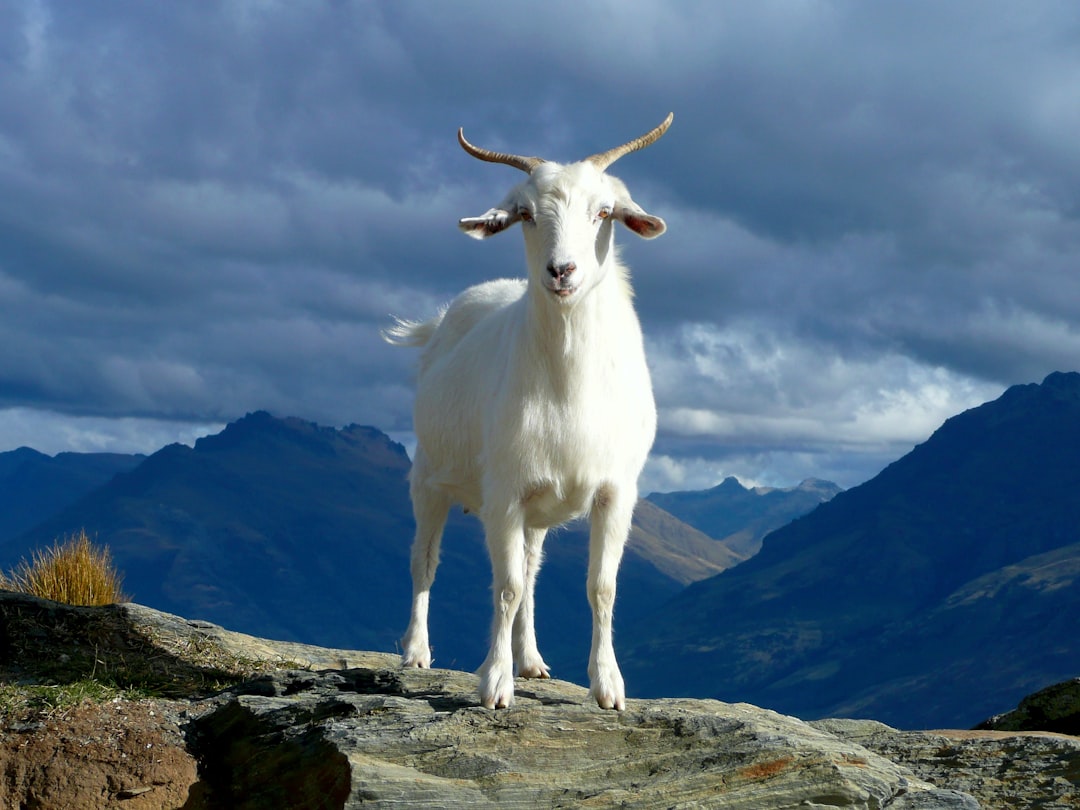Education and training are pivotal in advancing animal husbandry practices worldwide. As the livestock industry continues to evolve, equipping professionals with the latest knowledge and skills is essential for enhancing productivity, improving animal welfare, and ensuring environmental sustainability. This post explores the significance of education and training in animal husbandry, highlighting their role in promoting best practices, innovation, and global collaboration.
Role of Education in Animal Husbandry
-
Knowledge of Best Practices
Educational programs provide farmers and veterinarians with insights into modern technologies and scientific methods, enabling them to adopt best practices in feeding, breeding, and healthcare. This knowledge enhances animal health, productivity, and welfare while reducing environmental impacts. -
Innovation and Adaptation
Education fosters innovation by empowering individuals to address challenges such as disease outbreaks, climate change, and resource scarcity. It equips them with the tools to explore opportunities in value addition and sustainable practices. -
Global Standards and Collaboration
Aligning educational programs with global standards ensures that professionals are equipped to contribute to international efforts in animal husbandry. This facilitates collaboration and knowledge sharing across borders, promoting consistent high-quality practices worldwide.
Importance of Training in Animal Husbandry
-
Animal Welfare and Ethics
Training programs emphasize animal welfare and ethics, ensuring that professionals understand and implement humane treatment practices. This includes integrating animal welfare into veterinary education and agricultural training. -
Technological Integration
Training in the use of advanced technologies, such as precision agriculture and data analytics, enhances efficiency and productivity in livestock management. It enables farmers to make informed decisions based on real-time data, reducing waste and improving resource use. -
Empowering Youth and Women
Educational initiatives can empower youth and women in agriculture by providing them with the skills and knowledge needed to manage livestock enterprises effectively. This not only promotes gender equity but also contributes to household income and community well-being.
Conclusion
Education and training are crucial for advancing animal husbandry practices globally. By providing professionals with the necessary knowledge and skills, these initiatives enhance productivity, improve animal welfare, and support sustainable agriculture. As the livestock industry continues to evolve, ongoing education and training will be essential for addressing emerging challenges and opportunities.
Future Directions
Looking ahead, the future of animal husbandry education will likely involve increased integration of technology, global collaboration, and a focus on sustainability. This includes developing more online courses and training programs that are accessible worldwide, fostering partnerships between educational institutions and industry stakeholders, and emphasizing the importance of animal welfare and environmental stewardship in all educational initiatives. By embracing these strategies, the livestock sector can ensure that future generations of professionals are equipped to meet global food demands sustainably and responsibly.
Citations:
- https://dahd.gov.in/sites/default/files/2024-10/SkillDevFramework.pdf
- https://www.woah.org/en/what-we-do/animal-health-and-welfare/animal-welfare/capacity-building-and-education/
- https://worldanimal.net/animal-welfare-education
- https://www.masterstudies.com/masters-degree/animal-husbandry
- https://www.linkedin.com/pulse/animal-production-education-vital-role-economy-cxz0c
- https://www.educations.com/animal-husbandry
- https://food.ec.europa.eu/system/files/2016-10/aw_eu-strategy_study_edu-info-activ.pdf
- https://www.hotcoursesabroad.com/study/training-degrees/international/animal-husbandry-courses/cgory/sh.-4/sin/ct/programs.html

Comments
No comments yet. Be the first to comment!
You must be logged in to comment. Login